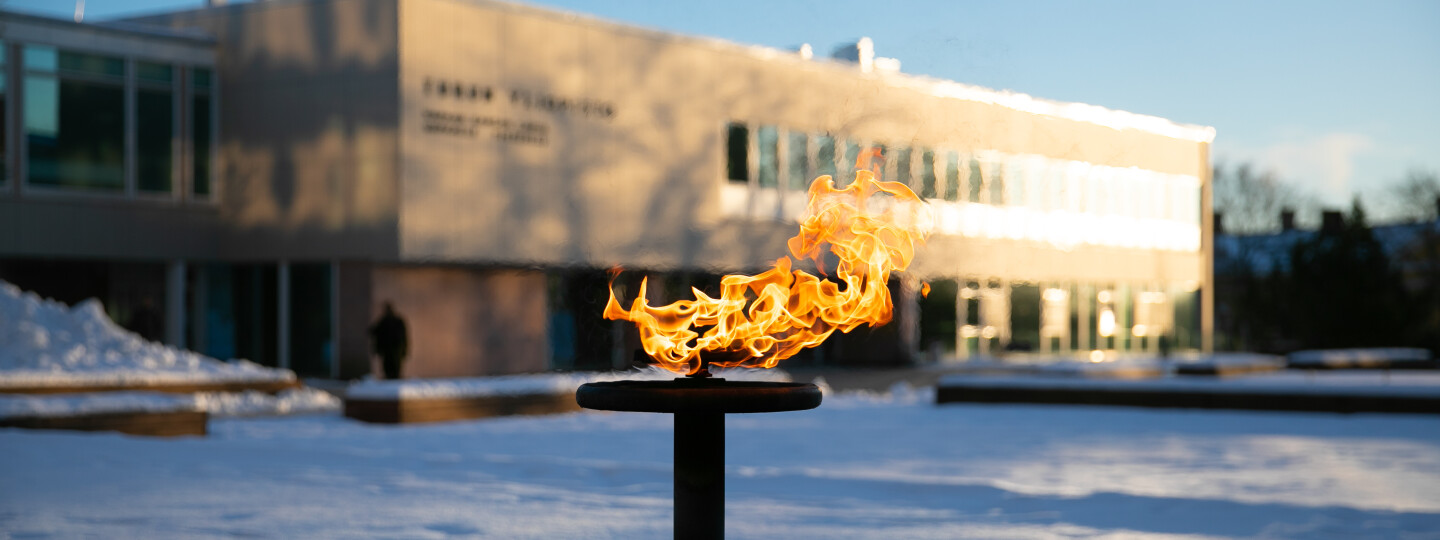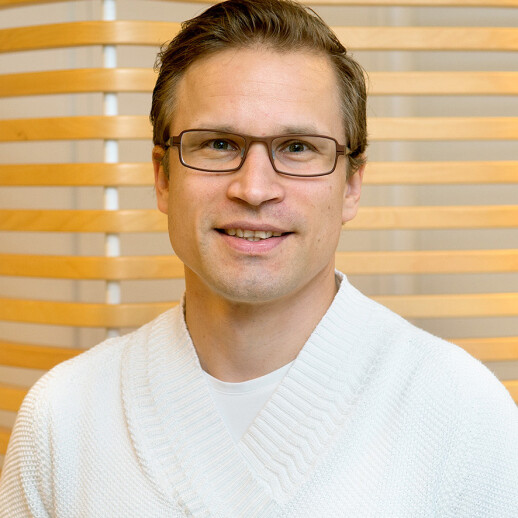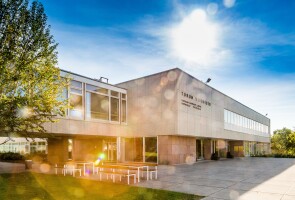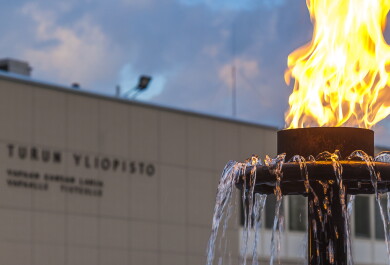The Finnish Research Infrastructure Committee at the Research Council of Finland has decided on more than 22 million euros in funding for the building and upgrading of national and international research infrastructures. The University of Turku is involved in four of the funded research infrastructures.
This was the second and last set of decisions on the FIRI 2023 call. The funding granted under the call totals more than 52 million euros.
The University of Turku is involved in the following infrastructure projects that have received funding:
- EU-OPENSCREEN Finland (EU-OS FI), Senior Research Fellow Michael Courtney, €311,333
- Finnish Astronomy in the era of the Extremely Large Telescope (FASE), Professor Seppo Mattila, Docent Jari Kotilainen, €701,949
- Cosmology Data Center Finland (CDC-FI), University Research Fellow Rubina Kotak, €112,000
- Survey of Health, Ageing and Retirement in Europe – Finland (SHAREFI), Professor Mikko Niemelä, €201,817
EU-OPENSCREEN Finland (EU-OS FI)
University of Turku, University of Helsinki, Åbo Akademi University
Chemical biology, the development of new small molecules with specific biological activities, is of tremendous value as the starting point for understanding biological processes and for discovering new drugs, agrochemicals and other commercially valuable bioactive agents.
EU-OPENSCREEN ERIC provides open access to world class chemical biology infrastructures, technologies and expertise, with a compound collection of > 100,000 compounds and open database. As founding member, Finland has a key role in EU-OS and Finnish membership in EU-OS brings domestic scientists outstanding opportunities and access to technologies, services and resources not currently available in Finland.
This RI development project focuses on enhancing RI’s capabilities in providing services in technology areas which are foreseen to provide novel research possibilities and potential for scientific breakthroughs for the users at national and international level.
Finnish Astronomy in the era of the Extremely Large Telescope (FASE)
University of Turku, University of Helsinki
The University of Turku is leading the project and Seppo Mattila is the director.
The European Southern Observatory (ESO), which Finland is a member of, is one of the largest international infrastructures in astronomy. ESO is constructing the Extremely Large Telescope (ELT) making use of new technologies that have never been pursued before. It is expected to revolutionise our perception of the Universe by addressing many prominent unsolved questions in astrophysics. Instruments for the ELT are built by consortia from the ESO member states.
Participation in the ELT instrumentation projects is necessary for the Finnish community to strengthen its position in front-line astronomical research and in the development of new technologies. This project is a collaboration between the Finnish universities and the funding will provide a significant total investment for the entire Finnish astronomy community to take full advantage of the unique ELT infrastructure and be part of the scientific and technological revolution it will entail.
Part of the received funding will be used for significant upgrades and development work for the Nordic Optical Telescope which is owned by the universities of Turku and Aarhus and is located on La Palma in the Canary Islands.
Cosmology Data Center Finland (CDC-FI)
University of Helsinki, Aalto University, University of Oulu, University of Turku, CSC – It Center for Science Ltd.
So that Finland can participate in large international observational cosmology projects, such as the European Space Agency Euclid and LISA space observatories, a Cosmology Data Center is established in Finland. Data Center is the Finnish in-kind contribution that ensures the Finnish membership in them.
Euclid is a wide-field space telescope to be launched in July 2023. Euclid will observe over 1/3 of the sky and will help solve the mystery of the accelerating expansion of the universe: is it caused by a new form of energy, “dark energy”, filling the universe, or must the law of gravity be modified?
LISA will be the first gravitational wave observatory in space. Gravitational waves have opened a new window into the universe: LISA will look deeper into the early universe than has been possible with optical or radio telescopes.
The data from these missions will have a huge impact on cosmology and astrophysics, and will form a basis for future research in these fields.
Survey of Health, Ageing and Retirement in Europe – Finland (SHAREFI)
University of Eastern Finland, The Family Federation of Finland, University of Turku,Tampere University
The population in Finland is one of Europe’s oldest populations. Population ageing creates health, economic and social effects that emerge over time. To understand and monitor these effects, a longitudinal data and applicable methods are required.
SHARE is a European Research Infrastructure Consortium (ERIC) and it has provided multidisciplinary and cross-national longitudinal data on changing health, the economic and social living conditions of European citizens aged 50 and over since 2004. Users now have access to 530,000 interviews of individuals from 28 countries in Europe, including Israel.
Finland joined SHARE in 2016. Waves 7,8 and 9 (Corona Surveys) of SHARE data have been collected in Finland, and the planning of wave 10 data collection is under way.
Updated on February 2, 2024 at 09.16. Added a mention of the NOT telescope: Part of the received funding will be used for significant upgrades and development work for the Nordic Optical Telescope which is owned by the universities of Turku and Aarhus and is located on La Palma in the Canary Islands.






